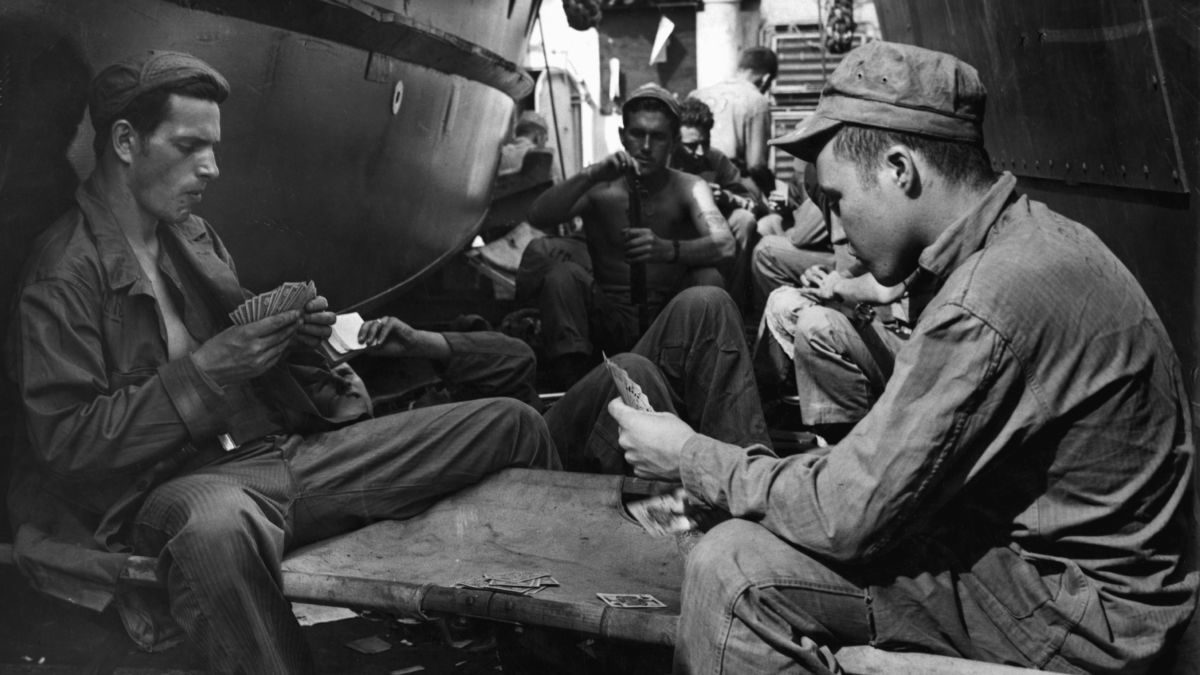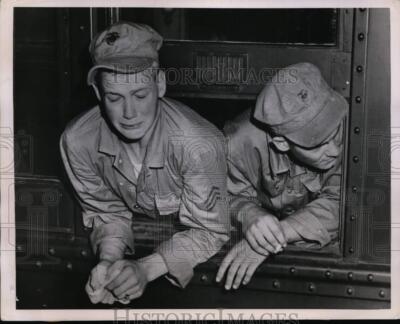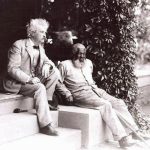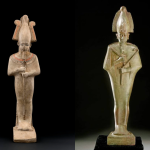Nellie Bly: The Trailblazer Who Redefined Journalism

Nellie Bly: The Trailblazer Who Redefined Journalism
In 1885, an 18-year-old named Elizabeth Cochrane sat down with her local Pittsburgh newspaper and found herself infuriated. An article had declared that women belonged only in the kitchen and nursery. Refusing to accept such dismissal, she penned a fiery rebuttal. The letter impressed the editor so deeply that he offered her a job immediately. He also gave her a pen name that would soon echo across the world: Nellie Bly, taken from a Stephen Foster song.
From her very first assignment, Bly refused to be confined to the so-called “women’s pages” of fashion and society gossip. She demanded real reporting. At just 21, she ventured to Mexico alone as a foreign correspondent. Her dispatches exposed poverty, corruption, and abuses of power. Mexican officials bristled at her courage, forcing her to return home, but her voice had already marked her as a journalist unafraid to confront authority.
Two years later, Bly accepted a daring challenge that would define her career. To investigate conditions inside a New York mental institution, she feigned insanity and was committed to the Women’s Lunatic Asylum. For ten harrowing days she lived as a patient, enduring cold baths, rotten food, and cruelty from staff. Her exposé, Ten Days in a Mad-House, shocked the public. More importantly, it led to tangible reforms in mental health care and funding for better treatment.

But Nellie Bly’s ambition stretched far beyond the asylum walls. Inspired by Jules Verne’s novel Around the World in Eighty Days, she embarked on her own race against time. Traveling by ship, train, and carriage, she circled the globe in just 72 days. Newspapers followed her every step, and when she returned, she was a global celebrity. Bly had proved that a woman could not only match but outpace the adventures of fiction.
Although she stepped back from journalism after marriage, Bly never abandoned her spirit of daring. During World War I, she returned to the front lines, reporting directly from Europe. Few women had such access, and her vivid accounts once again highlighted her determination to witness history firsthand.
Today, Nellie Bly is remembered not just as a reporter but as a pioneer who shattered boundaries. She defied expectations, took risks others feared, and used her words to change society. Her legacy endures as a reminder that journalism at its best demands both courage and conviction.










